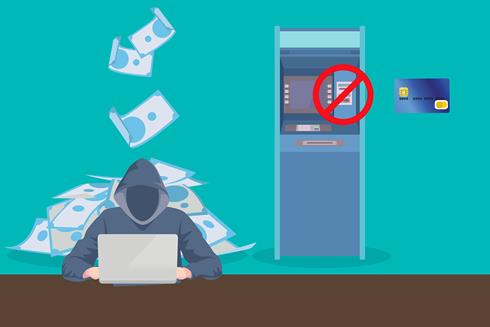Identity theft is when someone steals your personal information and uses it to access your banking, credit, or any other type of financial account. Impersonation is when someone pretends to be you. They may use social media to get information about you, then they use that information for their own purposes.

Both are crimes that are punishable by law, but they are not the same crime.
What is identity theft?
From a legal perspective, identity theft means that someone has stolen your personal information. This could be personal information like your name, address, date of birth, Social Security number, credit card number, etc. They are stealing your personally identifiable information, and using it (typically) for financial gain.
With credit reporting agencies, for example, they might take your information and apply for credit using your Social Security number, without your knowledge or consent.
Identity theft is a crime that impacts millions of people annually, and can significantly hurt your finances. In severe cases of identity theft, people can go into debt while trying to repair the damage done to their credit score and identity.
You can find a lot more information on identity theft, and how to protect yourself, by reading these identity theft basics by Identity Guard.
What is impersonation?
Impersonation is when someone pretends to be someone else. A person could pretend to be you to do a job, or to get information. However, impersonation does not always involve your identity being stolen.
For example, there are times where someone will pretend to be another person, just to brag about their success. This would be an example of using someone else’s identity to make themselves look good.
How they are different from each other
So how are they different from each other? Identity theft is not always impersonation. For example, if someone stole your purse and used your credit card to make fraudulent purchases, this would be an example of identity theft. However, not everyone is trying to take your identity for a nefarious reason.
Instead, this situation could be an accident or a crime of opportunity. Someone who did not really want their identity stolen, but did not know how to protect their identity could get their information stolen.
Impersonation, on the other hand, is always criminal. An impersonator does not just buy an identity. This would be someone who owns a business and puts their employee’s name on their business license. Then, they go online and find someone who looks just like the employee. They then start doing things that they would not be doing, and get away with it.
How can you protect yourself from both of them?
The only way to protect yourself from both of these crimes is to not have personal information stolen. It sounds easy, but it is not. It is hard to keep up with all of the companies that keep your information, or monitor every financial account you have.
A smart way to protect yourself from identity theft is to use a credit freeze on your credit. This will not actually stop you from using your existing credit cards, but it will prevent anyone from opening a new account using your information.
Another smart way to protect yourself from impersonation is to not post pictures of yourself on social media. This will cut down on the number of people who could pose as you.
Always keep an eye on your credit report. Never share your personal information with anyone who requests it. Be cautious and be smart. Make sure that you do not become a victim of identity theft.
Use a password manager to create different passwords for each account. This way, if someone ever gets access to your personal information, you can reset all of the passwords with one simple click.
Conclusion
Identity theft is a crime that you can easily avoid. With a little bit of planning and a little bit of luck, you can drastically reduce the chances of identity theft ever happening to you.
However, a person who does not plan ahead will often suffer greatly. There is nothing more important than your identity. If someone gets their hands on your identity, you will have trouble getting jobs, getting loans, and even buying things online.


